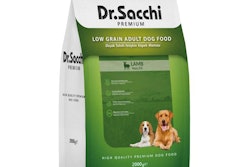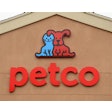
One may assume the pet food industry is isolated from politics and government decisions. However, the reality is different, and Mexico provides an example that proves it.
Just like in any country, all pet food products require authorization from a government agency to ensure compliance with domestic regulations. Without written authorization, companies are unable to market and sell their products.
Budget cuts impact pet food product authorizations
In Mexico, the current administration took office in 2018, promising to implement several aggressive budget cuts across various departments, which have affected the offices that provide services to citizens. One such office is the Secretariat of Agriculture (Sader), which oversees Senasica, the agency responsible for reviewing and granting pet food authorizations. According to Fundar, Sader suffered a real-term budget cut of 28% in 2022 compared to 2019.
Not surprisingly, one of the consequences of these budget cuts has been a delay in processing and authorizing pet food products. During the previous administration (2012-2018), Senasica typically took three months or longer to issue a pet food product authorization. However, according to several sources, it now takes more than a year to process and authorize a single pet food permit.
Bureaucracy, lack of capacity affect pet food industry
The sluggishness in approving pet food product authorizations may discourage both domestic and foreign investments in the Mexican industry, as pet food requires constant product innovation. Consequently, as Senasica extends the time required to register a new product, pet food companies are forced to adjust their plans and halt the development of new products. This decelerates the rate of innovation and, ultimately, reduces sales.
Senasica publishes a list of authorized animal feed products, including pet food products, every two years. According to these lists, the number of new pet food product authorizations grew by 1,368 permits between 2018 and 2022, meaning an average of 342 products annually. Yet despite the number of authorized products during this period, the demand for permits exceeds Senasica’s capacity.
A few companies dominate pet food product innovation in Mexico. The companies with the highest number of product authorizations (and the most demanding in terms of Senasica’s services) are Royal Canin, Hill’s and Purina, which have a wide portfolio of prescription and niche products in the local market.















